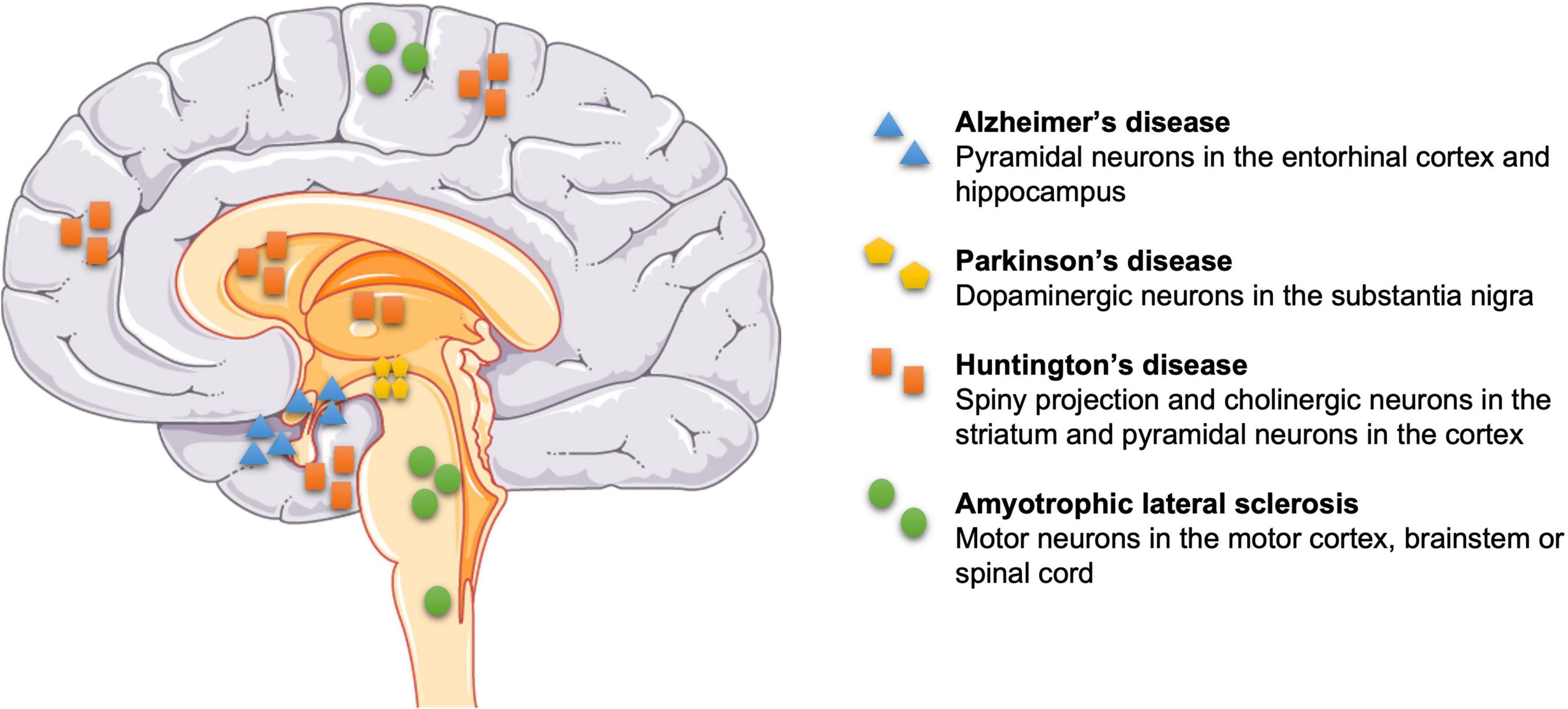Oxidative stress is a term that frequently pops up in discussions about health, aging, and chronic diseases. But what exactly is it, and why is it so important? In simple terms, oxidative stress occurs when there is an imbalance between free radicals and antioxidants in the body. When left unchecked, oxidative stress can damage cells, proteins, and DNA, contributing to aging and a wide range of diseases.
Oxidative stress is the root cause of more than 200 diseases.
Dr. Richard G. Cutler, former director of the Anti-Aging Research Department at the National Institutes of Health
In this blog, we’ll break down what oxidative stress is, how it affects the body, its connection to chronic diseases, and ways to prevent or minimize its effects.
What is Oxidative Stress?
At the heart of oxidative stress are free radicals—unstable molecules that contain oxygen and have an unpaired electron. Because they are chemically reactive, they try to “steal” electrons from other molecules, which leads to cellular damage.

The body naturally produces free radicals through metabolic processes like digestion, exercise, and immune responses. However, external factors such as pollution, radiation, smoking, alcohol consumption, and unhealthy diets can dramatically increase their levels.
To counteract this, the body relies on antioxidants, which donate electrons to free radicals without becoming unstable themselves. This balance is essential for maintaining health, but when free radicals outnumber antioxidants, oxidative stress occurs.
Effects of Oxidative Stress on the Body
Oxidative stress can lead to a cascade of harmful effects in the body, impacting various systems:
1. Cellular Damage and Aging
Free radicals attack cell membranes, proteins, and DNA, leading to cellular dysfunction and mutations. This contributes to premature aging, wrinkles, and other age-related changes in the skin and organs.
2. Inflammation and Immune System Dysfunction
Chronic oxidative stress triggers inflammation, which plays a role in autoimmune diseases, allergies, and conditions like rheumatoid arthritis.
3. Brain Health and Neurodegenerative Diseases
The brain is particularly vulnerable to oxidative damage due to its high oxygen consumption. Oxidative stress is linked to cognitive decline, Alzheimer’s disease, Parkinson’s disease, and other neurodegenerative disorders.

4. Cardiovascular Problems
Oxidative stress damages blood vessels, increases bad cholesterol (LDL) oxidation, and promotes plaque formation in arteries, contributing to hypertension, heart disease, and strokes.
5. Cancer Development
DNA damage caused by oxidative stress can lead to mutations and uncontrolled cell growth, which increases the risk of cancer.
6. Metabolic Disorders
Oxidative stress is involved in insulin resistance, a key factor in type 2 diabetes, and can worsen obesity-related complications.
Major Causes of Oxidative Stress
Several factors contribute to oxidative stress, including:
Aging is a side effect of oxidation, just as rust is a side effect of oxygen on metal.
Dr. Denham Harman, father of the Free Radical Theory of Aging
- Poor Diet: Processed foods, excess sugar, and unhealthy fats increase oxidative stress.
- Smoking and Alcohol Consumption: These habits introduce toxins that generate free radicals.
- Environmental Toxins: Air pollution, pesticides, and radiation contribute to oxidative damage.
- Chronic Stress: Psychological stress triggers the production of stress hormones, which can lead to oxidative damage.
- Lack of Sleep: Poor sleep quality reduces the body’s ability to repair oxidative damage.
- Sedentary Lifestyle or Overtraining: Lack of exercise leads to inefficient metabolism, while excessive exercise without recovery increases free radical production.
How to Combat Oxidative Stress
Since oxidative stress is a major factor in aging and disease, reducing it is crucial for long-term health. Here are some effective ways to combat oxidative stress:
1. Eat a Diet Rich in Antioxidants
Antioxidants neutralize free radicals and help restore balance. Foods rich in antioxidants include:
- Fruits: Berries, oranges, apples, grapes
- Vegetables: Leafy greens, carrots, bell peppers
- Nuts and Seeds: Walnuts, almonds, flaxseeds
- Herbs and Spices: Turmeric, cinnamon, ginger
- Dark Chocolate: Contains flavonoids that fight oxidative stress
Key antioxidants include:
- Vitamin C (found in citrus fruits, peppers)
- Vitamin E (found in nuts, seeds, and spinach)
- Polyphenols (found in green tea, red wine, and dark chocolate)
- Glutathione (produced by the body but supported by foods like avocados and sulfur-rich vegetables)
2. Reduce Exposure to Toxins
- Avoid smoking and excessive alcohol consumption.
- Use natural cleaning products and skincare items to reduce chemical exposure.
- Drink filtered water to minimize contaminants.
3. Manage Stress Levels
Chronic stress increases cortisol levels, which contribute to oxidative damage. Reduce stress through:

- Meditation and deep breathing
- Yoga and mindfulness practices
- Spending time in nature
4. Get Enough Sleep
During sleep, the body repairs oxidative damage. Aim for 7-9 hours of quality sleep per night.
5. Exercise in Moderation
Moderate exercise boosts antioxidant defenses, but excessive intense workouts can increase oxidative stress. Balance is key.
6. Stay Hydrated
Water helps flush out toxins and keeps cells functioning properly. Herbal teas and antioxidant-rich drinks like green tea can also be beneficial.
7. Consider Supplements
- Vitamin C & E: Help neutralize free radicals
- Coenzyme Q10: Supports mitochondrial function
- Curcumin (from turmeric): Powerful anti-inflammatory and antioxidant
- Resveratrol (from grapes and red wine): May help protect against aging
Breaking Down the Barrier
Oxidative stress is a silent but significant contributor to aging and disease. By making simple lifestyle changes—such as eating a balanced diet, managing stress, avoiding toxins, and getting enough sleep—you can significantly reduce oxidative stress and improve overall health.
The good news is that our bodies are equipped with powerful antioxidant systems, and with the right support, we can keep oxidative stress in check and promote long-lasting well-being.
Want to take control of your health? Start by incorporating more antioxidant-rich foods into your diet and adopting stress-relieving habits today!


























“Environmental Toxins: Air pollution, pesticides, and radiation contribute to oxidative damage” tell me more about this process how this system works from beginning to advance if possible and how it contributes to thus conclusions? explain briefly